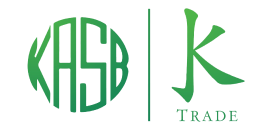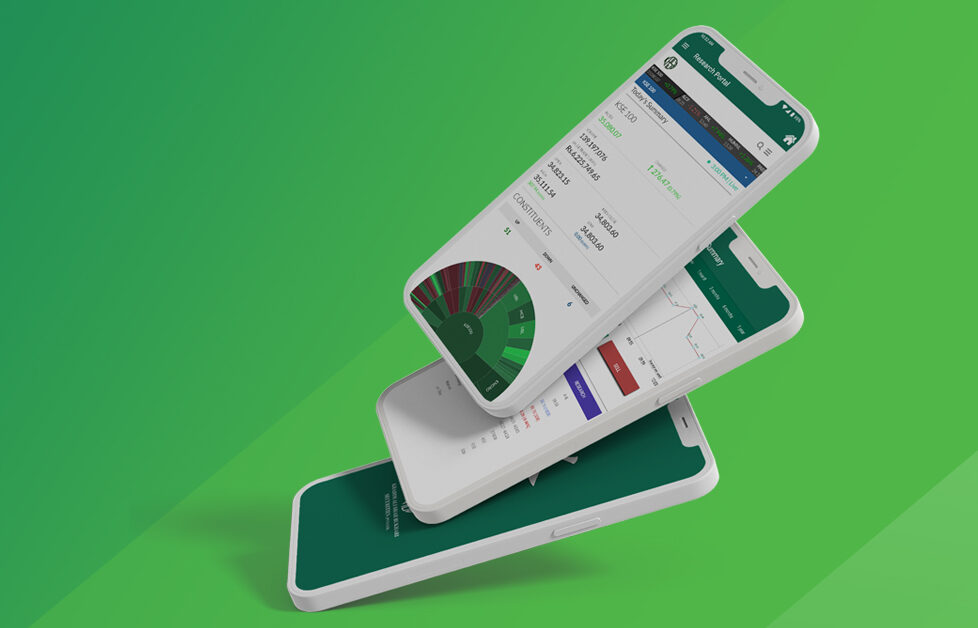In an economy, some individuals/ institutions have an idle cash surplus, while some have a cash deficit and are struggling to raise funds, which is where capital markets step in.
What Are Capital Markets?
Capital markets are financial markets where the trade of different financial assets takes place. It is a channel for buyers and sellers to trade bonds, stocks, currencies, etc. Capital markets provide the opportunity to deploy idle savings of individuals and institutions. They provide access to market participants for raising funds and are closely linked with the development of an economy.
Economies with stable capital markets have faster economic growth and development than those with underdeveloped capital markets. The absence of an advanced capital market leads to the underutilization of financial resources. Developed capital markets open doors for foreign investment in the domestic market.

Difference Between Capital Markets and Money Market?
The difference between the money market and capital market is that the former deals in the short term whereas the latter deals in the long term. Capital market securities include stocks, shares and bonds whereas money market securities deal with treasury bills and commercial papers. There are two kinds of capital markets: primary and secondary.
Primary capital market financial instruments are issued for the first time, to raise funds through an IPO (initial public offering). Whereas, in a secondary capital market, already issued financial instruments are being traded, which is also known as the stock exchange.
Capital Market in Pakistan
The capital market instruments in Pakistan consist of the Securities and Exchange Commission Pakistan (SECP), Pakistan Stock Exchange (PSX), Mercantile Exchanges, Central Depository Company (CDC), and a Clearing and Settlement Company. Additionally, this structure is also supported by intermediaries like brokers who facilitate the market participants in executing their transactions.
Pakistan Stock Exchange
The stock exchange or Equity market is a capital market where individuals and institutions can issue, buy and sell the shares of public listed companies. An investor can buy shares through the help of a brokerage firm. Some brokerage firms such as KTrade Securities Limited, charge no fee for opening an account with them and an investor can start trading with a minimum deposit of just Rs.5000.
A Stock market helps an organization to raise funds, gain quick access to capital and provide individuals part ownership in an organization with the likelihood to receive gain based on the future performance of the company. The stock exchange doesn’t itself take part in the trading activity but regulates the trades made by market participants. Pakistan Stock Exchange was formed on January 11, 2016, it has over 552 companies listed with a total market capitalization of PkR 7,415 bn (as of 6th December 2021).
Commodity Exchange in Pakistan
Commodity exchange is another financial market where buying and selling of commodities such as grains, cotton, coal, oil, metals, etc. for delivery at a future date or spot take place. There are two types of commodity exchanges, spot commodity exchange, and future commodity exchange. In a spot commodity exchange trades are executed immediately and in future commodity exchange, rarely, any party will physically deliver any commodity, it is simply a guarantee to buy or sell a commodity on an agreed price on a future date. Pakistan Mercantile Exchange (PMEX) is the platform used in Pakistan for trading commodities.
Money Market in Pakistan
A money market is a financial market that includes trading in long-term to short-term debt instruments. Larger volumes and the value of trades take place in the money market between corporations and individuals. Treasury bills, Bonds, floater bonds are the kind of instruments traded in the money market. The money market is generally less risky than the other capital markets and hence attracts investors more. The major participants of the money market include the central bank, government, primary dealers, banks, other financial institutions, money market brokers, and funds.
Mutual Funds in Pakistan
Mutual funds are an organization that creates a pool of money from different people who are interested in investing in different asset classes like stocks, bonds, treasury bills, real estate, etc. They are an alternative to stocks to invest money in Pakistan.
These funds are operated by fund managers who are in charge of allocating the investments on behalf of the investors. Individuals who lack financial literacy or don’t have the time for in-depth analysis of the financial markets are facilitated by these funds as they are free from the responsibility of selecting the financial instruments.
Mutual funds provide a great opportunity for small investors and individuals to have access to financial markets. Additionally, mutual funds are a great source of diversifying investments, they strategically allocate the funds into different asset classes for maximization of return and minimization of risk. Mutual funds operate under Asset Management Companies, around 20 AMCs are registered with MUFAP.
In return for their services, mutual funds charge different fees from the investors, like management fees, commission fees, etc. There are two types of mutual funds, open-end mutual funds, and closed-end mutual funds.
Difference between Open-End and Closed-End Mutual Fund
Open-end mutual funds don’t have a fixed number for buying or selling shares and the fund size fluctuates often. These funds are not listed on the stock exchange. Moreover, open-ended funds publish the NAV (Net Asset Value) of their funds daily for their investors. However, closed-end mutual funds are traded amongst investors and are offered through an IPO (initial public offering) to raise funds before being traded on the stock exchange. In Pakistan, almost all mutual funds are open-end. There are around 343 mutual funds registered with MUFAP (Mutual Funds Association of Pakistan) that offer a diverse range of investment schemes. These schemes include equity schemes, fixed income schemes, shariah-compliant schemes, index tracker schemes, etc.
SECP and it’s role
SECP holds the highest position above all, the role of SECP is to regulate the capital markets (and all related parties) of Pakistan based on certain principles. The main goal of SECP is to encourage investments and growth in the corporate sector of Pakistan. The role of the CDC is to maintain an electronic book entry of all the transactions made in the capital market. NCCPL is the place where finally all the trades are settled and cleared. The main purpose of NCCPL is to mitigate the risk of parties failing to meet their obligations.
The role of a Broker
Apart from the above-mentioned organizations, brokers/intermediaries play a vital role in the growth of capital markets. Brokers’ mediator between the investors and the capital markets. A broker can be an individual or a firm. The role of a broker is to execute the trade, provide research and facilitate an investor in trading. Brokers charge a commission fee for this service, which is disclosed beforehand. To be a broker, a person/firm needs to be registered and have a trading license certified by SECP.
In Pakistan, there are around 204 brokerage firms licensed by SECP, out of these 20 firms have gained Entity ratings and 9 brokerages are listed on PSX (as of Jan’21).
K-Trade Securities is one of the prestigious and fastest-growing brokerage houses of Pakistan. They not only use the traditional desktop terminal to facilitate their clients but also have a user friend application by the name K-trade app. The app delivers a seamless process of signing up for a brokerage account and online stock trading. The application was launched in 2019, over 250,000 users have registered on the application to date. K-trade is also known for charging the lowest commission in the industry.


That is really interesting, You’re an overly skilled blogger.
I’ve joined your rss feed annd sit up for seeking more oof
youur excellent post. Also, I’ve shared your
web site iin my social networks
My web page … https://supportvavada.populiser.com/